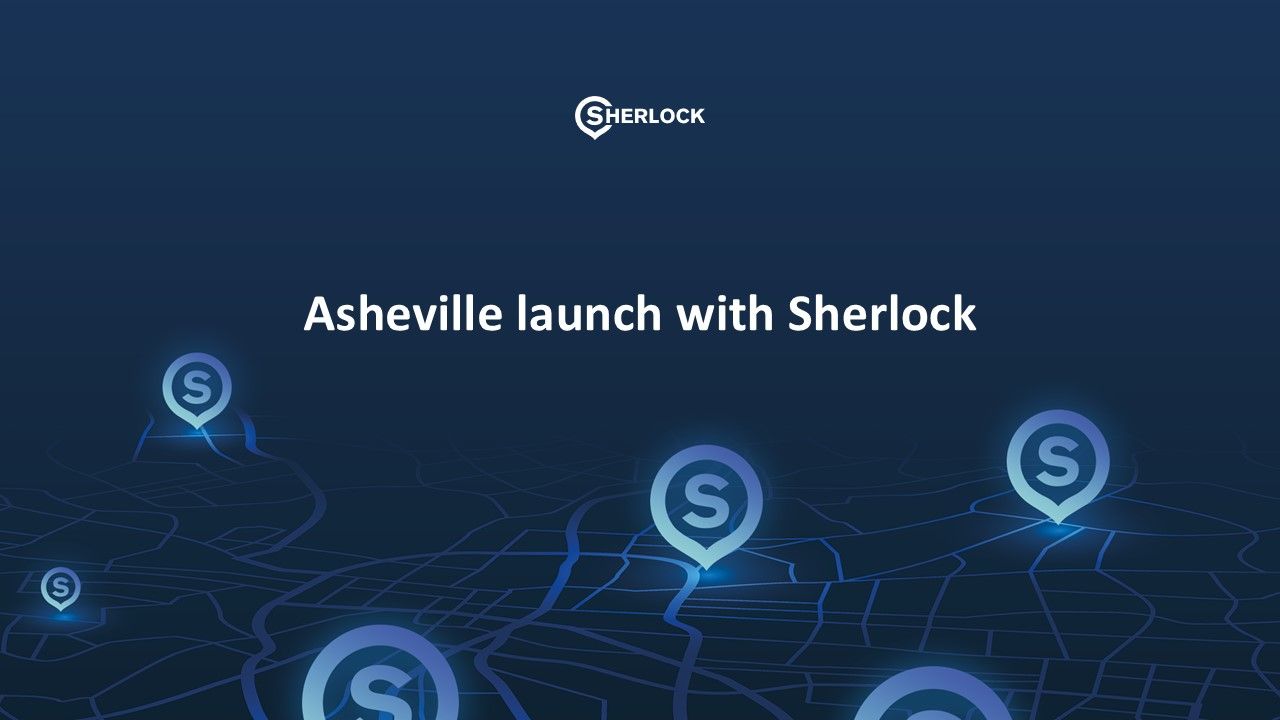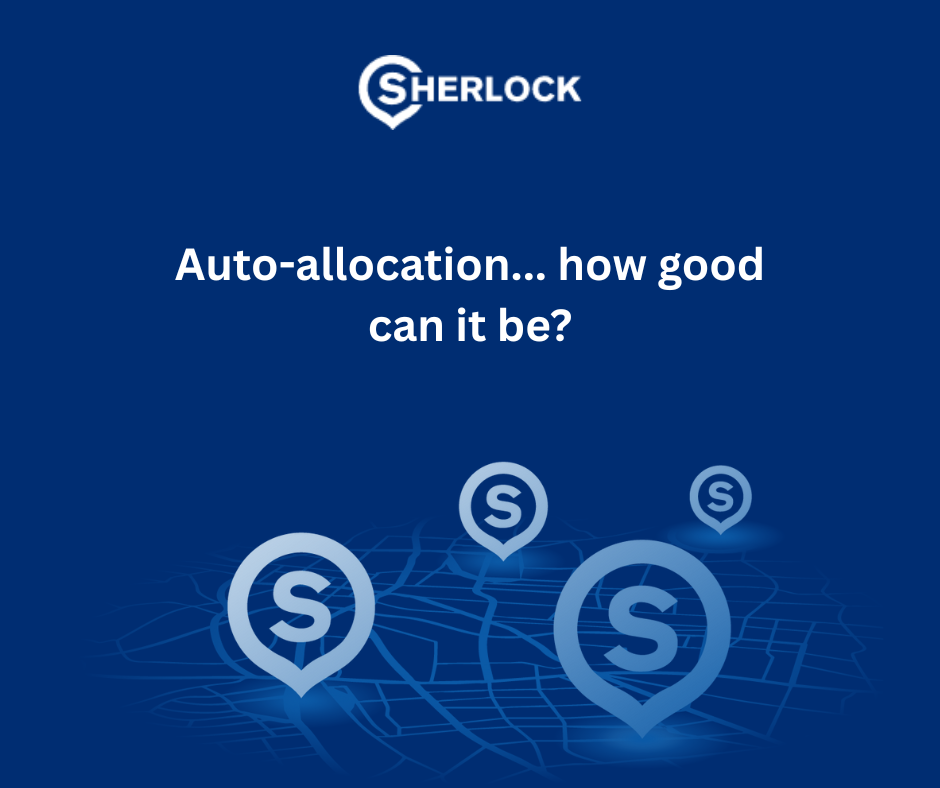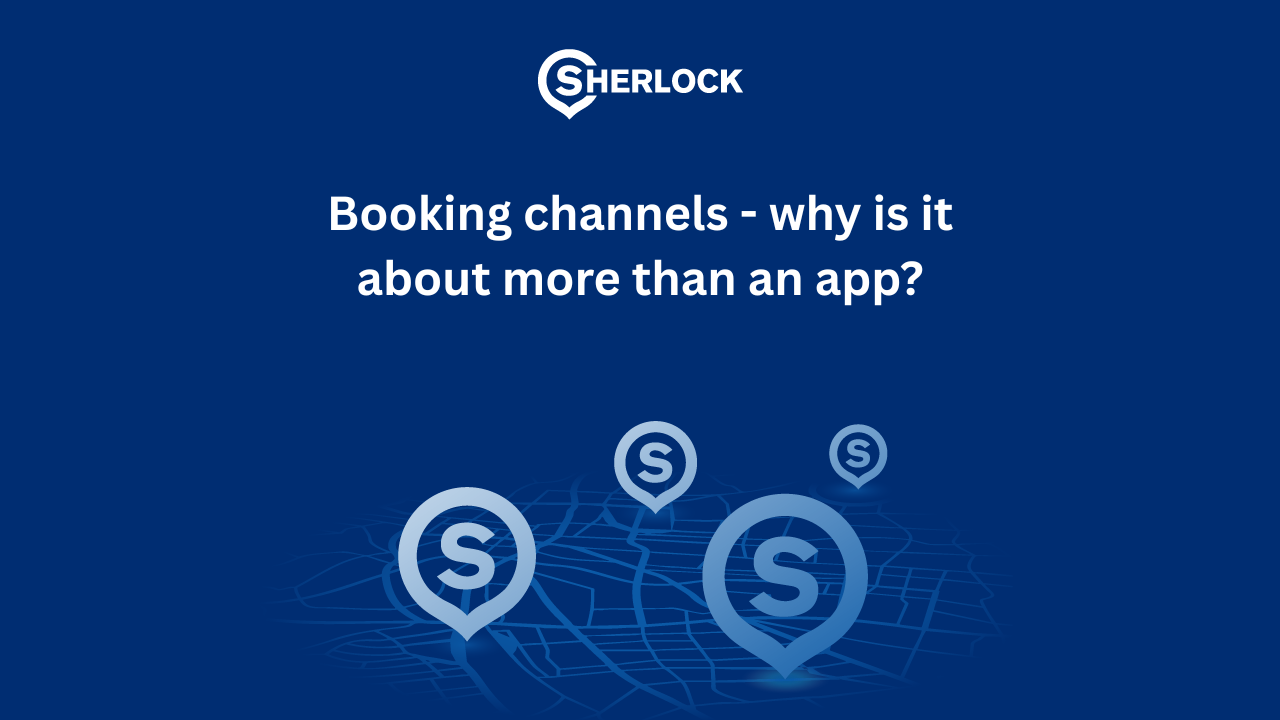In March, Lyft became the first ride-hailing company to hit the Stock market, with their share price opening at $87.24 and a company valuation of $29 billion.
In March, Lyft became the first ride-hailing company to hit the Stock market, with their share price opening at $87.24 and a company valuation of $29 billion. The long-awaited IPO had significant interest from investors, buoyed by Lyft’s market share increase from 22% to 39% in the past two years. However, within three days of trading, shares had already fallen below their float price by 11% - although they did recover some of this throughout the week.
Many have questioned Lyft floating despite the fact that they have never made a profit, with the company quoted in their IPO prospectus as saying, “we have a history of net losses and we may not be able to achieve or maintain profitability in the future.”
Now, industry giant Uber looks likely to follow suit in the coming months with a valuation currently estimated as high as $120 billion… despite Q4 2018 losses recorded at $865 million.
So why are people so willing to invest in such hugely unprofitable companies?
The success of companies such as Facebook and Amazon has set a trend for investors willing to buy into businesses early and subsidise their losses in order to help grow scale and market share to deliver huge profits down the road. Similarly, Uber and Lyft have made a virtue of using investment funding to maintain big budgets for Research & Development and Advertising with the view to making profits at a later date.
But if the companies themselves are saying they may not be able to achieve or maintain profitability in the future, where does this leave investors – and the companies themselves? Is their future sustainable?
It’s one thing for billion-dollar tech businesses to make a loss now and focus on growth over profitability, but those of us who have been in the taxi and minicab industry a long time have seen the failure of many of the dispatch software providers who have tried the same approach on a smaller scale.
When choosing a new dispatch provider for your business, it is important to consider more than just the functionality of the system and how much it will cost you. What about the sustainability of the company and its long-term viability?
Sherlock Taxi is developed in-house by Haulmont Technology. Owned privately, we are a self-funded business and do not rely on outside investment to grow our business. Our model is not mass market; we focus on organic, incremental growth – not just from new customers, but also from helping our existing customers to grow their businesses and succeed.
We charge a per driver per month licence fee which covers the cost of system updates which are delivered 3-4 times a year. This model is key to the success of both us and our customers as it allows us to invest in the product and pass these updates on to customers at no additional cost.
https://qz.com/1563655/lyft-ipo-filing-shows-a-history-of-losses-and-no-clear-path-to-profitability/
http://www.cityam.com/275541/lyft-shares-drop-below-opening-price-second-day-trading
https://www.businessinsider.com/uber-listing-nyse-ipo-as-lyft-gears-up-for-nasdaq-2019-3?r=US&IR=T



